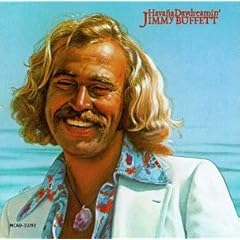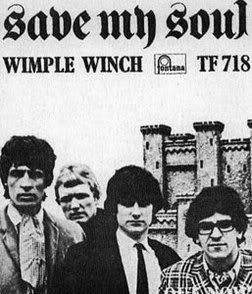Marcos Valle

AMG Wrote:
Marcos Valle was the Renaissance man of Brazilian pop, a singer/songwriter/producer who straddled the country's music world from the early days of the bossa-nova craze well into the fusion-soaked sound of '80s MPB. Though his reputation in America never quite compared to contemporaries like Caetano Veloso, Milton Nascimento, Gilberto Gil, or even Tom Zé, Valle is one of the most important and popular performers in the history of Brazilian pop.
Born in Rio de Janeiro in 1943, Marcos Valle studied classical music as a child but listened to many different types of music, especially jazz. He began writing songs with his brother Paulo Sérgio — Marcos was the tune-writer, Paulo the lyricist — in the early '60s, and after Tamba Trio found a hit with his "Sonho de Maria," Valle was named Brazil's Leading Composer of the Year at the age of 19. A recording contract soon followed, and in 1964 he released his first album, Samba Demais, for EMI Brazil. A tour with Sergio Mendes & Brasil '65 the following year brought his first show-business connections in America (via Merv Griffin), and in 1966 Walter Wanderley took Valle's song "So Nice (Summer Samba)" into the US Top 40. Valle soon earned his own American contract, and in 1967 Warner Brothers released the instrumentals album Braziliance!. One year later, his Verve debut Samba '68 became a Brazilian classic thanks to simple, infectious pop songs like "Batucada," "Chup, Chup, I Got Away," and "Crickets Sing for Anamaria" (all of which featured spot-on harmony vocals by his wife Anamaria).
Despite the incredible promise revealed by Samba '68, it was his last American album to date. That same year, the Brazilian-only Viola Enluarada became a big hit in South America, thanks in part to the title track (with vocals by a young Milton Nascimento). The rock & roll era that had already influenced tropicalistas like Os Mutantes, Caetano Veloso, and Gilberto Gil soon began inspiring Valle as well. With albums like the irresistible 1971 classic Garra, he moved away from native Brazilian forms like the bossa nova or samba and into a rock-influenced sound that played up groove-heavy bass and smooth funk even while courting his amazing melodic sense. He continued recording for EMI until he moved to America in 1975. There, he wrote and arranged tracks for Eumir Deodato, Airto Moreira, and Chicago. He continued to record solo albums during the early '80s, adding electronics and an smooth production techniques to the mix with surprisingly solid results, but also moved into writing music (often with Paulo) for film and novellas, including the theme to Brazil's version of Sesame Street.
During the late '80s, the rare-groove craze centered in London resurrected and relentlessly compiled dozens of crucial, overlooked tracks from the 1960s and '70s, including Valle's "Crickets Sing for Anamaria." In 1995, the British label Mr. Bongo released a two-volume series (The Essential Marcos Valle) dedicated to his work. One year later, Valle appeared on the jam-session compilation Friends from Rio, and in 1998 returned with a new album, Nova Bossa Nova. That same year, the Lumiar label released The Marcos Valle Songbook, Vols. 1-2, including new versions of Valle standards by Gal Costa, Caetano Veloso, Maria Bethania, Edu Lobo, Joyce, Chico Buarqe, Joao Bosco, and Azymuth, among others. The new millennium heralded another studio album, Escape, as well as prescient Japanese reissues from his late-'60s/early-'70s peak.
1. Viva Sonhando (Samba Demais)
2. Viola Enluarada (Viola Enluarada) w/ Milton Nascimento
3. Pigmaliao (S/T -1970)
4. Com Mais de 30 (Garra)
5. Vinte e Seis Anos de Vida Normal (Garra)
6. Revolução Orgânica (Vento Sul)
7. Nem Paleto, Nem Gravata (Previsao Do Tempo)
8. Casamento, Filhos E Convençóes (S/T -1974)
9. Samba de Verao (S/T -1983)
10. On Line (Escape)
Notes: First of a few Brazilian ones i will do. I was going to include "Crickets Sing for Anamaria" but couldn't find the cd when i was grabbing stuff this morning. That's off one of the cheapest and easiest of his records to find so no huge loss. I tried to make this career spanning so it starts with his 60's bossa nova and goes to his early 70's baroque pop to his late 70's/early 80's lite soul (he was friends with Leon Ware and played on his records some too and his own soul is a similar style) to his more recent material. His early 70's period is my favorite. I couldn't resist including two songs off Garra. This was hard to fit on ten. There were a couple of albums that I like that I didn't include anything from including this:

sorry sesame street fans.
Code:
http://www.mediafire.com/?9yrxzzzebyd


















